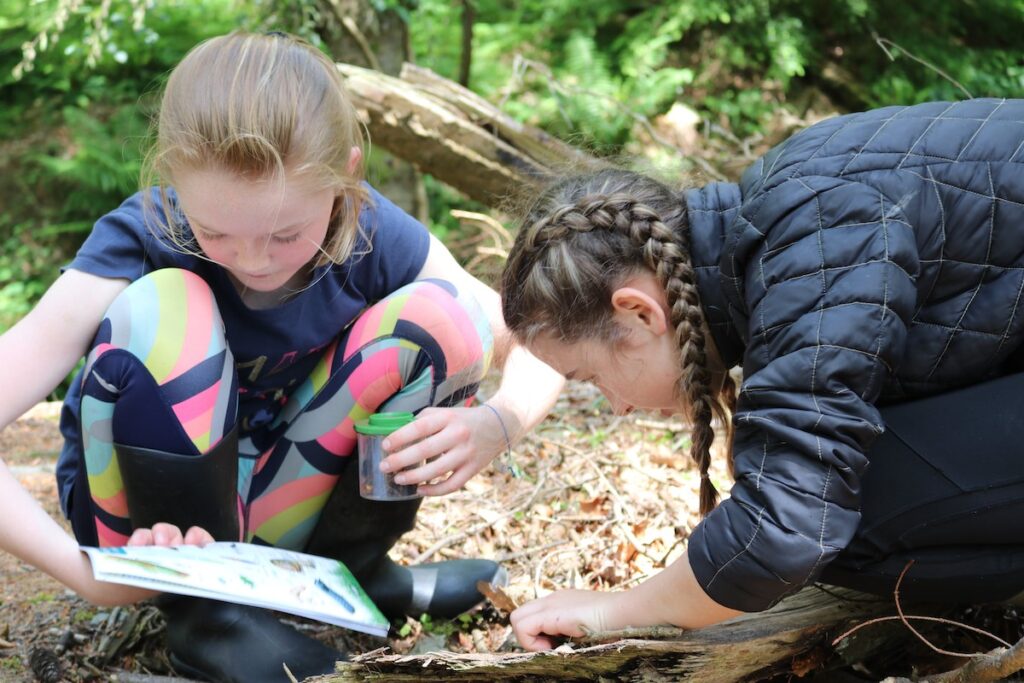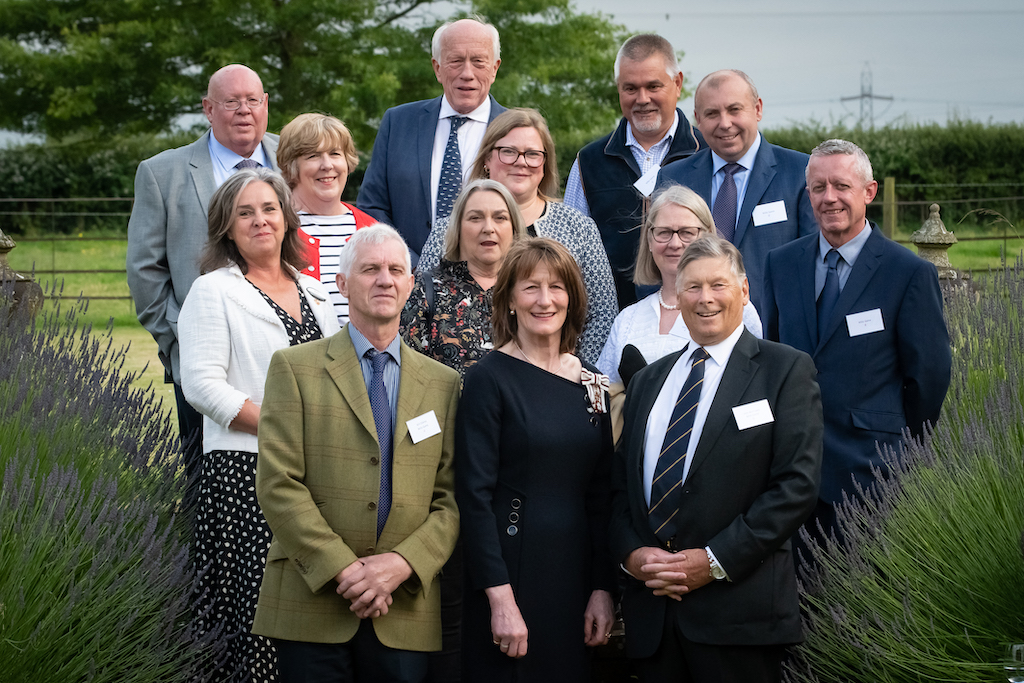The UK’s leading environmental education charity is celebrating its 80th anniversary having welcomed more than 3.7 million students through its doors.
The Field Studies Council was created in December 1943 to offer meaningful outdoor education experiences for everyone. It has since welcomed schools, university students, community groups and a diverse collection of visitors including a group of nuns and Queen Elizabeth II.
Chief executive Mark Castle said that in its 80-year history, the Field Studies Council had hosted more than 3.7 million visitors in total across its UK sites and it was on track to welcome its two millionth residential visitor in 2024.
He said despite enormous social and technological advances since the days of the Second World War he was struck by how many of the challenges the charity faced today were echoed through the years – as well as the enduring fondness young visitors had for cake.
He said: “Sadly, concerns that people of all ages can’t afford or access outdoor learning is a recurring theme that runs right through our history. Looking through the archives, especially from our earliest days, it’s the similarities that strike me, as well as the differences. There was no cosy golden age.
“It was the determination to keep going that really comes across. The sentiments and observations in early annual reports are very similar to today: staff comments on the lack of natural history knowledge, the lack of teacher confidence, school children’s enthusiasm for jam tart and custard and overstretched staff especially on changeover days.
“Seasonal booking patterns emerged as a very early organisational headache, and my predecessors’ reports talk somewhat ruefully about a lack of government foresight, short sighted policies and the planet’s need for those with field study skills. Nothing changes!”
Mark said the impact of both war and disease were nothing new for those running the Field Studies Council. While he described the coronavirus pandemic as “probably the biggest threat and greatest challenge in our 80 years”, previous generations coped with three outbreaks of foot and mouth disease, which severely restricted fieldwork activities and customer travel.
While the war in Ukraine and conflict in the Middle East continue to push up the price of energy and supplies, the Korean War of the 1950s led to government cuts that almost put the Field Studies Council out of business before its 10th anniversary.
He added: “More than once, drastic and difficult decisions had to be made to save the charity. Then, as now, the executive agonised over each one.
“There are of course, things that we are very happy to leave in the past – horsehair mattresses for one. Staff indeed celebrated when the last of these were replaced. Staff in the earliest days also delivered incredible hospitality on wartime rations and in centres with no mains electricity and uncertain water supplies. This is all the more remarkable as the first mention of buying a refrigerator is about 10 years into our history!
“Today’s infrastructure team have their trials with listed buildings and carbon reduction targets. Their early colleagues could not get timber without a licence. Dale Fort in Pembrokeshire resorted to collecting driftwood for both timber and nails, Juniper Hall in Surrey had dry rot and Orielton, also in Pembrokeshire, had walls that were made of only wallpaper!
“What always shines through, though, is the commitment to the vision of delivering great outdoor learning and a conviction that what we do really matters. The need to get outdoors into nature is as important now as it ever was – and, with more and more careers opening up in the environmental sector, the need to develop good field study is skills is more vital than ever.
“An HMI report in 1965 said: ‘This year, the FSC comes of age. Its affairs have been conducted with imagination, resolution and prudence by men and women dedicated to its service; they can look back with pride and satisfaction upon 21 years of solid achievements and forward . . . with determination and energy to a period of accelerated growth and achievement’.
“Just last year, the Investors in People assessor came to a remarkably similar conclusion, saying they found ‘a universally shared sense of pride and passion in our purpose and standards’.
“That’s quite an achievement considering all the trials we have overcome in the past few years, including a global pandemic and a major cost of living crisis.
“I’m very proud that we celebrate our 80th anniversary on such solid foundations, and I think we owe a huge debt of gratitude to those on whose vision and tenacity the charity is founded.”
This year, to mark the anniversary, the Field Studies Council has planted 80 new trees across its sites, and developed an 80 Young Darwin Scholarships to help nurture a passion for outdoor education in a new generation of ecologists.
For more information about the Field Studies Council, visit www.field-studies-council.org/
CAPTION: The need to get outdoors into nature is as important now as it ever was.






